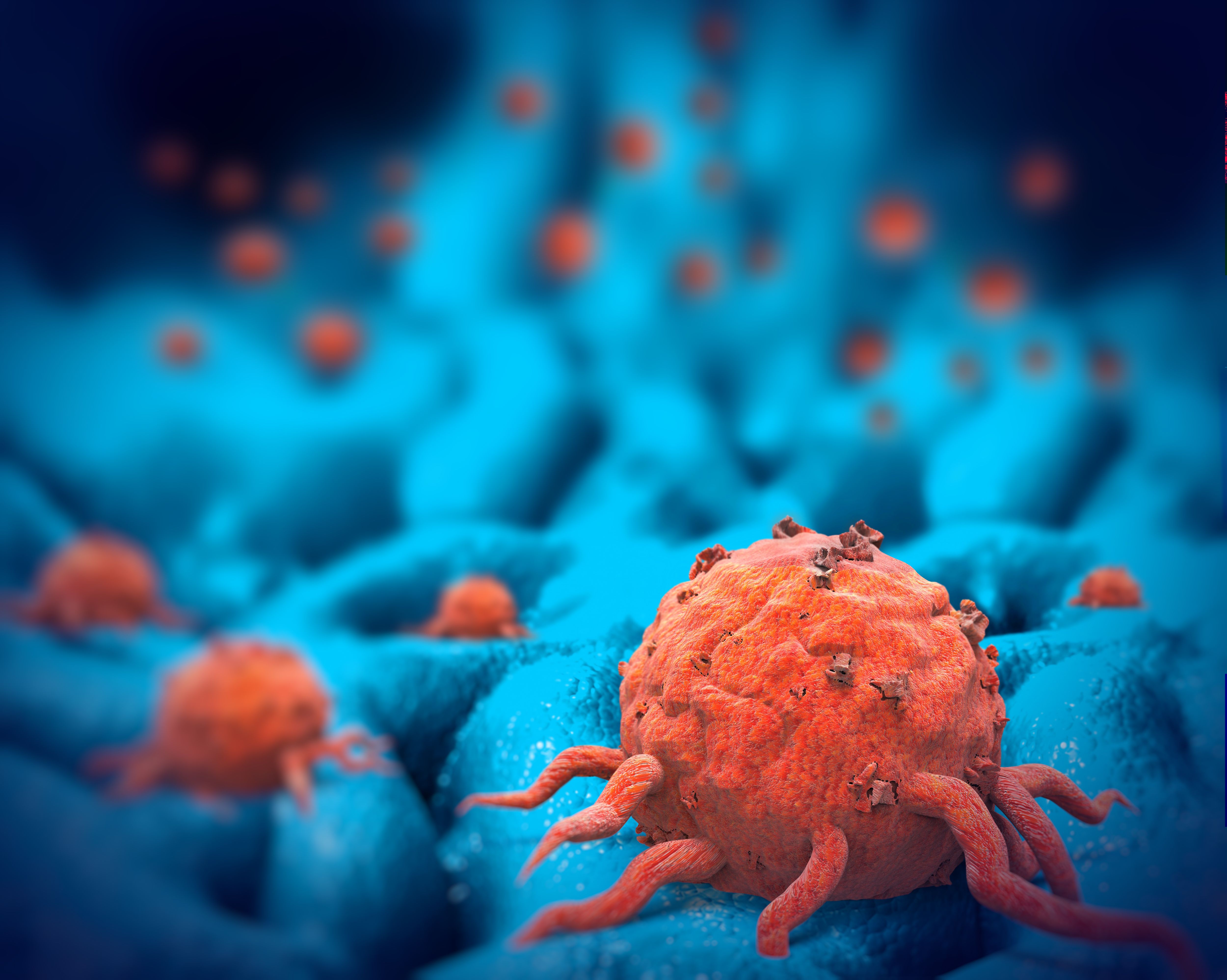Publication
Article
CURE
Poor Kidney Function a Possibility in Adult Survivors of Childhood Cancer
Author(s):
Long-term and late effects from toxic regimens from childhood cancer treatments include heart damage, lung problems and infertility.
As survival rates for many forms of childhoodcancer have climbed, more research isuncovering the tolls exacted for life-saving treatments.Long-term and late effects from toxictreatment regimens include heart damage, lungproblems and infertility.
A new study from the Netherlands reveals that certain cancer treatments, such as the chemotherapy drugs ifosfamide, cisplatin, carboplatin, high-dose methotrexate and high-dose cyclophosphamide, as well as renal radiation and removal of part or all of the kidney (nephrectomy), can affect a specific type of kidney function in adult survivors of childhood cancer.
The study examined the renal function of 1,122 survivors ages 18 and older. The researchers discovered that the kidney function of those treated with ifosfamide, high-dose cisplatin and nephrectomy began to decline most quickly. Ifosfamide is used to treat lymphomas and sarcomas, while cisplatin is used for retinoblastomas and brain tumors.
The researchers concluded that this long-term effect places survivors at risk for premature kidney failure and recommended that physicians be attentive to those who received some of the more toxic regimens.





